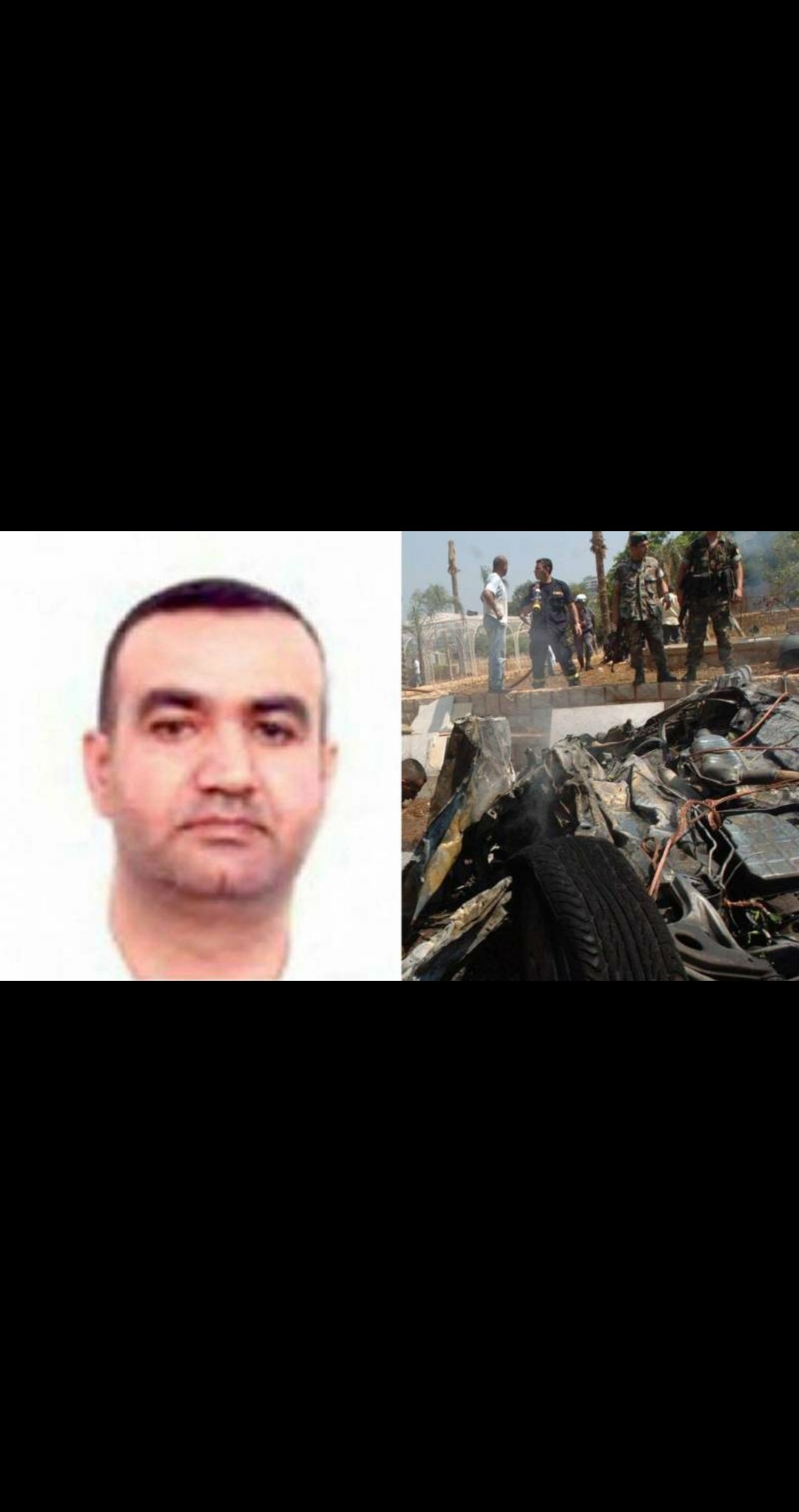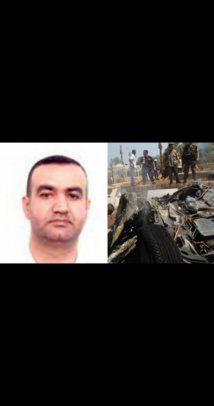The guilt of the three other men, Hassan Habib Merhi, Assad Hassan Sabra and Hussein Hassan Oneissi, could "not be proven beyond doubt," the judge ruled, noting that the evidence was almost entirely circumstantial.
Hariri was killed in a terrorist attack that hit his motorcade on February 14, 2005 in Beirut.
Alongside the politician, 21 other people were killed and 226 injured by the massive suicide truck bombing, caused by some 3,000 kilograms of explosives and generating a shock wave that could be felt for miles.
The judge called the assassination "undoubtedly a political act," noting that Hariri had wanted to stand for re-election and end Syrian dominance in Lebanon.
The judges found no direct evidence of involvement of Hezbollah or the Syrian leadership.
Dozens of Hariri's followers gathered to pray around his grave in central Beirut shortly after the verdict was delivered.
Hariri's sister, Bahia, as well as some of his relatives and followers, were seen reading verses from the Koran and leaving white flowers at his grave. Some of his followers were in tears.
His son, Saad, said he accepted the verdict and called on his followers not to take to the streets after the verdict to avoid tensions with supporters of the Shiite Hezbollah movement.
"We accept the court's verdict and we want justice to be implemented," Saad Hariri, who is also a former prime minister, said after the court verdict. "We all knew the truth today."
The terrorist attack, one of the worst in Lebanon's history, triggered a local and international outcry and unleashed massive protests in Lebanon.
Inside Lebanon, the assassination is widely blamed on Syria and the pro-Syrian Hezbollah movement, though both have repeatedly denied any links to the assassination.
There are fears the verdict will inflame tensions in the deeply polarized country.
The Special Tribunal for Lebanon (STL) was established in 2007 and has been trying the accused in absentia for the past six years.
It has now made legal history with the first terrorism trial by an international court.
The tribunal issued an indictment and arrest warrants for the four men in 2011. None of the accused were in custody and the trial against them, which started in 2014, has been held in absentia.
Seventy victims participated in the proceedings, either in person or through their legal representative, according to the tribunal.
The judgement was delayed for 10 days due to the catastrophic explosion that hit the port of Beirut two weeks ago.
The blast came as Lebanon was already suffering its worst economic crisis in decades. The country has seen mass anti-government protests since last year.
The court commemorated the victims and their relatives with a minute's silence.
Hariri was killed in a terrorist attack that hit his motorcade on February 14, 2005 in Beirut.
Alongside the politician, 21 other people were killed and 226 injured by the massive suicide truck bombing, caused by some 3,000 kilograms of explosives and generating a shock wave that could be felt for miles.
The judge called the assassination "undoubtedly a political act," noting that Hariri had wanted to stand for re-election and end Syrian dominance in Lebanon.
The judges found no direct evidence of involvement of Hezbollah or the Syrian leadership.
Dozens of Hariri's followers gathered to pray around his grave in central Beirut shortly after the verdict was delivered.
Hariri's sister, Bahia, as well as some of his relatives and followers, were seen reading verses from the Koran and leaving white flowers at his grave. Some of his followers were in tears.
His son, Saad, said he accepted the verdict and called on his followers not to take to the streets after the verdict to avoid tensions with supporters of the Shiite Hezbollah movement.
"We accept the court's verdict and we want justice to be implemented," Saad Hariri, who is also a former prime minister, said after the court verdict. "We all knew the truth today."
The terrorist attack, one of the worst in Lebanon's history, triggered a local and international outcry and unleashed massive protests in Lebanon.
Inside Lebanon, the assassination is widely blamed on Syria and the pro-Syrian Hezbollah movement, though both have repeatedly denied any links to the assassination.
There are fears the verdict will inflame tensions in the deeply polarized country.
The Special Tribunal for Lebanon (STL) was established in 2007 and has been trying the accused in absentia for the past six years.
It has now made legal history with the first terrorism trial by an international court.
The tribunal issued an indictment and arrest warrants for the four men in 2011. None of the accused were in custody and the trial against them, which started in 2014, has been held in absentia.
Seventy victims participated in the proceedings, either in person or through their legal representative, according to the tribunal.
The judgement was delayed for 10 days due to the catastrophic explosion that hit the port of Beirut two weeks ago.
The blast came as Lebanon was already suffering its worst economic crisis in decades. The country has seen mass anti-government protests since last year.
The court commemorated the victims and their relatives with a minute's silence.









 Home
Home Politics
Politics











